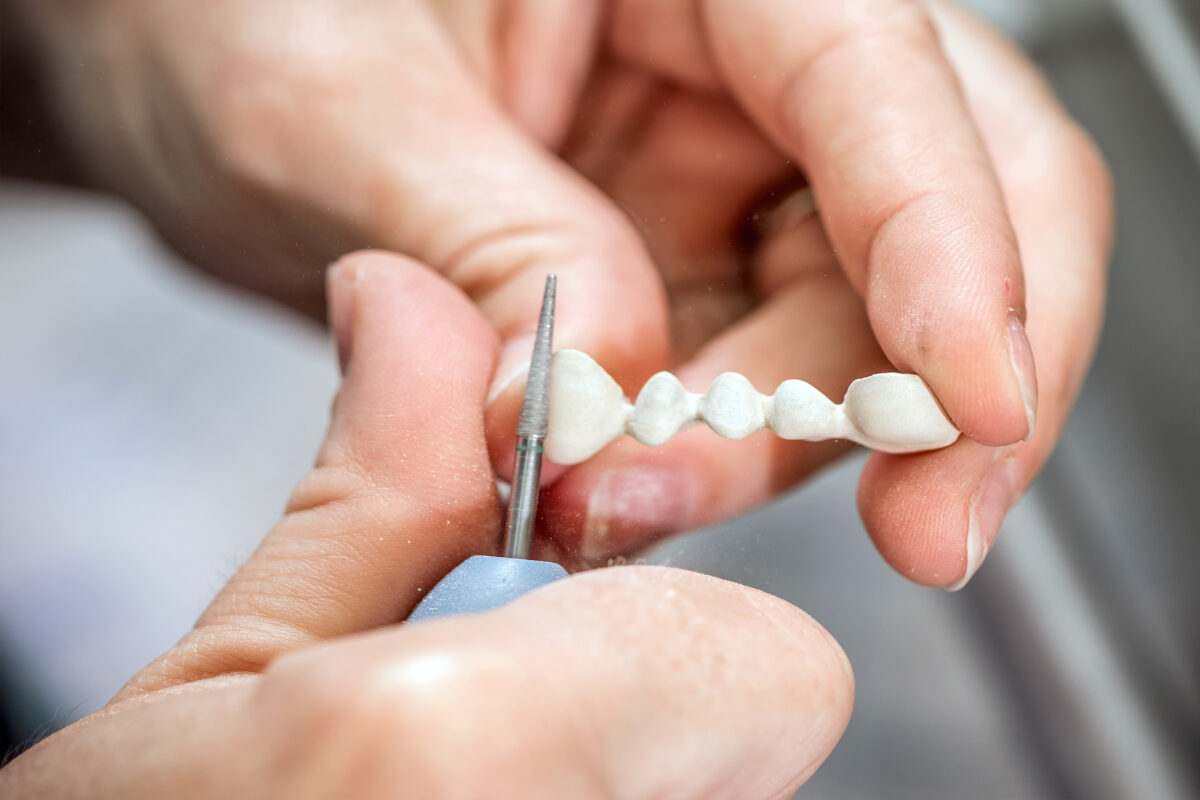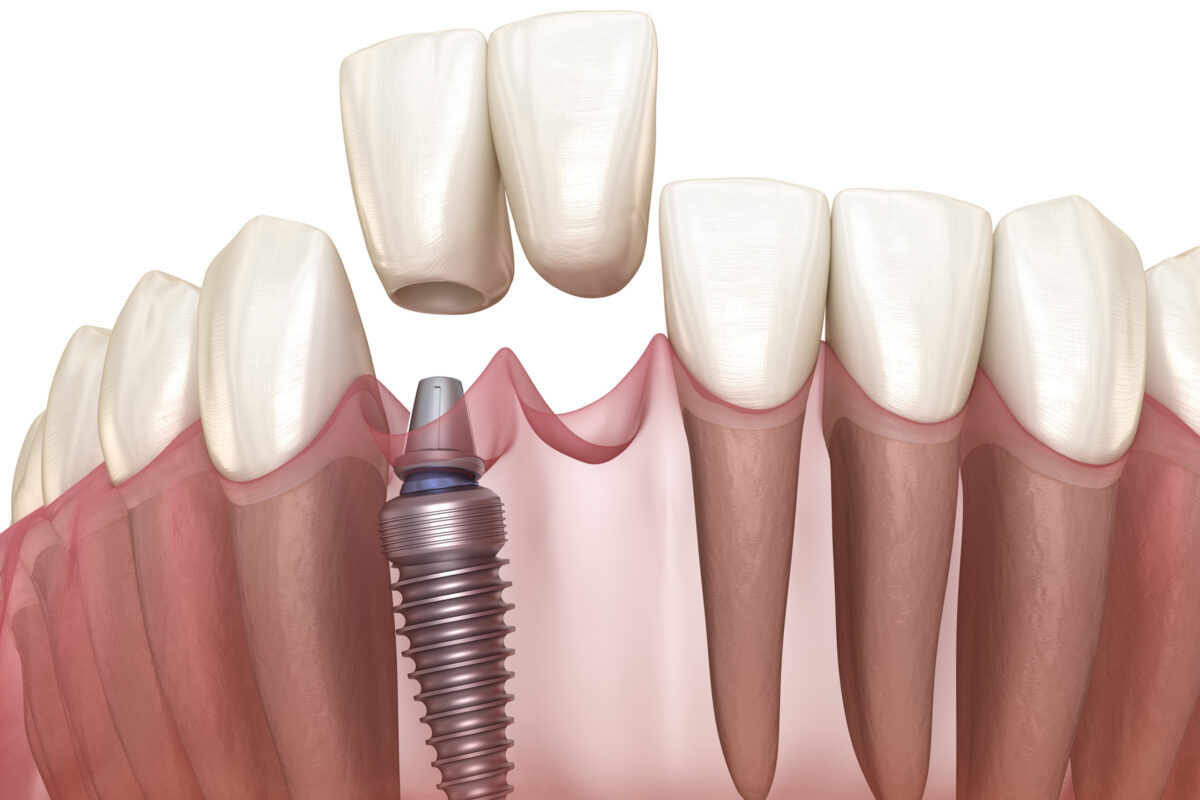Lowell, MA – A dental bridge is a fantastic way to restore your smile and chewing function, but like any dental restoration, it can occasionally encounter issues. Whether it was caused by wear and tear over time or a sudden injury, a loose or broken bridge can feel alarming. At Lowell Dental Arts, Dr. Vihangi … Continue reading Dental Bridge Repair in Lowell, MA
Lowell, MA – Losing a front tooth can become much more than just a dental issue. It can affect your self-esteem and overall quality of life. No matter the reason for the loss of the tooth, you deserve a replacement that restores your smile to its natural beauty. Lowell Dental Arts and Dr. Vihangi Thakore … Continue reading Front Tooth Implants in Lowell, MA
Lowell, MA – College life can be busy, and expensive! Days and nights are filled with classes, study sessions, and more, while the cost of tuition, books, and other expenses can take a toll on your bank account. Lowell Dental Arts is proud to offer exclusive discounts on our dental services to all UMass Lowell … Continue reading Discounts for UMass Lowell Students
Lowell, MA – A trusted family dentist can make all the difference when it comes to your family’s oral health. But how can you be sure you’ve found the right place? Lowell Family Dental Arts is proud to be the Lowell dental home for families throughout the area. We are committed to providing exceptional care … Continue reading Lowell Dental Arts is Your Lowell Family Dentist
Lowell, MA – When it comes to finding the best dentist, it can be difficult to navigate through all the names that come up. How can you be sure you’re finding the best Lowell dentist for your family? There are several things you can look for to be sure you’ve found the best dentist to … Continue reading Finding the Best Dentist in Lowell




